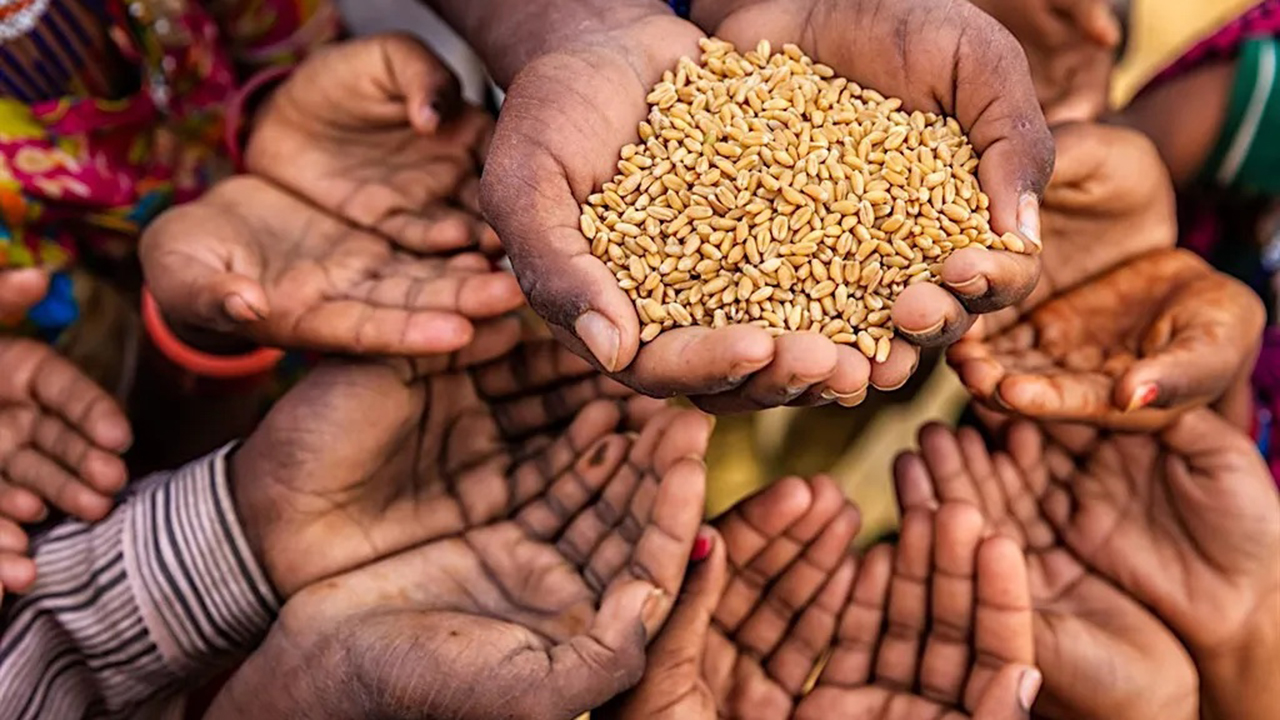 LCCI: Nigeria does not have capacity to feed 230m people
LCCI: Nigeria does not have capacity to feed 230m people
President, Lagos Chamber of Commerce and Industry (LCCI), Gabriel Idahosa, has expressed worry over the severe food crisis and hunger in the country, adding that the situation has become very dire.
Revealing that food inflation surged to 40.87 per cent in June 2024, he said the number of food-insecure Nigerians skyrocketed from 66.2 million in Q1 2023 to 100 million in Q1 2024 and among these, 18.6 million face acute hunger.
“These figures are more than statistics; they represent millions of lives affected by hunger, malnutrition and poverty. Unfortunately, we do not have the capacity to produce enough food to cater to the feeding need of more than 230 million people,” he said.
Speaking at the chamber’s two-day agriculture and allied group 2024 symposium/agro-fair themed, Nigeria Food Production in Global Space: Leveraging our Competitive Advantage, which held in Lagos yesterday, Idahosa said Nigeria faces unprecedented challenges in its food systems.
He said Nigeria must be deliberate in building the capacity of local food producers to meet the demands of Nigerians. “We must invest in agricultural research to boost our output through improved seedlings, disease prevention and the deployment of modern technology for agricultural mechanisation.
“The agricultural goods imported were valued at N920.54bn, reflecting a 29.45 per cent increase compared to N711.14bn in Q4 2023 and a 95.28 per cent rise compared to N471.39bn in Q1 2023. In 2023, Nigerians spent $2.13bn to import food and factors like inadequate infrastructure and insecurity hinder progress in the agric sector.”
Chairperson of the symposium, Kola Aderibigbe, who noted that Nigeria can no longer meet SDGs 2 vision, which is End to Hunger, said the country does not lack the resources needed to develop but needs to be cured from the mentality of consumption to sustainable food production. He said anytime Nigeria imports what can be produced locally, it imports unemployment and devalues its naira.
He urged government to improve on national and farmers’ security, promote innovation, enhance farmers’ access to high-quality seeds to support sustainable agriculture, and improve access to single digit finance, affordable farm inputs and implements.
“Each state’s ministry of Agriculture and the Federal level must deliver on food security and seamless flow of agricultural-based raw materials for industrial development. When a nation can feed itself, it would transfer its agricultural surplus to industrial raw materials. A hungry nation cannot be a productive nation,” he stressed.
Lagos State Governor, Babajide Olusola Sanwo-Olu, said agriculture has always been the backbone of the nation’s economy, adding that Nigeria’s abundant natural resources, favourable climate and population should not only be able to feed the country but also be a major player in the global food market. “However, harnessing our competitive advantage in global food production space requires we take ownership of our diverse agricultural ecosystems and offer unique products that other countries cannot easily replicate. We must encourage innovative agribusinesses that will leverage technology to enhance productivity, reduce waste and improve market access. Supporting these enterprises through favorable policies, financing, and infrastructure development will enable them scale and compete on a global stage.”
He added that Nigeria’s strategic location provides easy access to key international markets in Africa and beyond and by improving logistics and transportation, Nigeria can take advantage and reduce the cost of exporting our agricultural products.
Calling for collaboration between government, private sector and international partners, he said they’re committed to creating an enabling environment that encourages investment, fosters innovation and supports sustainable agricultural practices and urged the private sector to lead the way in driving innovation, adopting best practices and expanding market reach.





